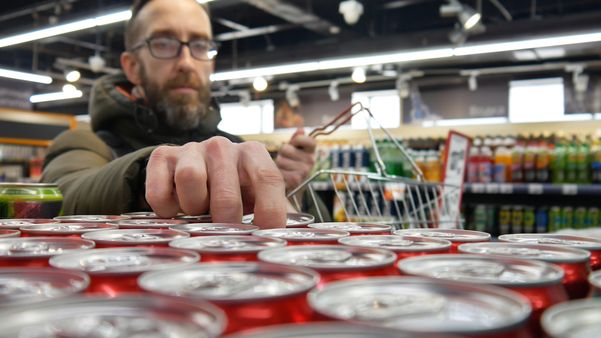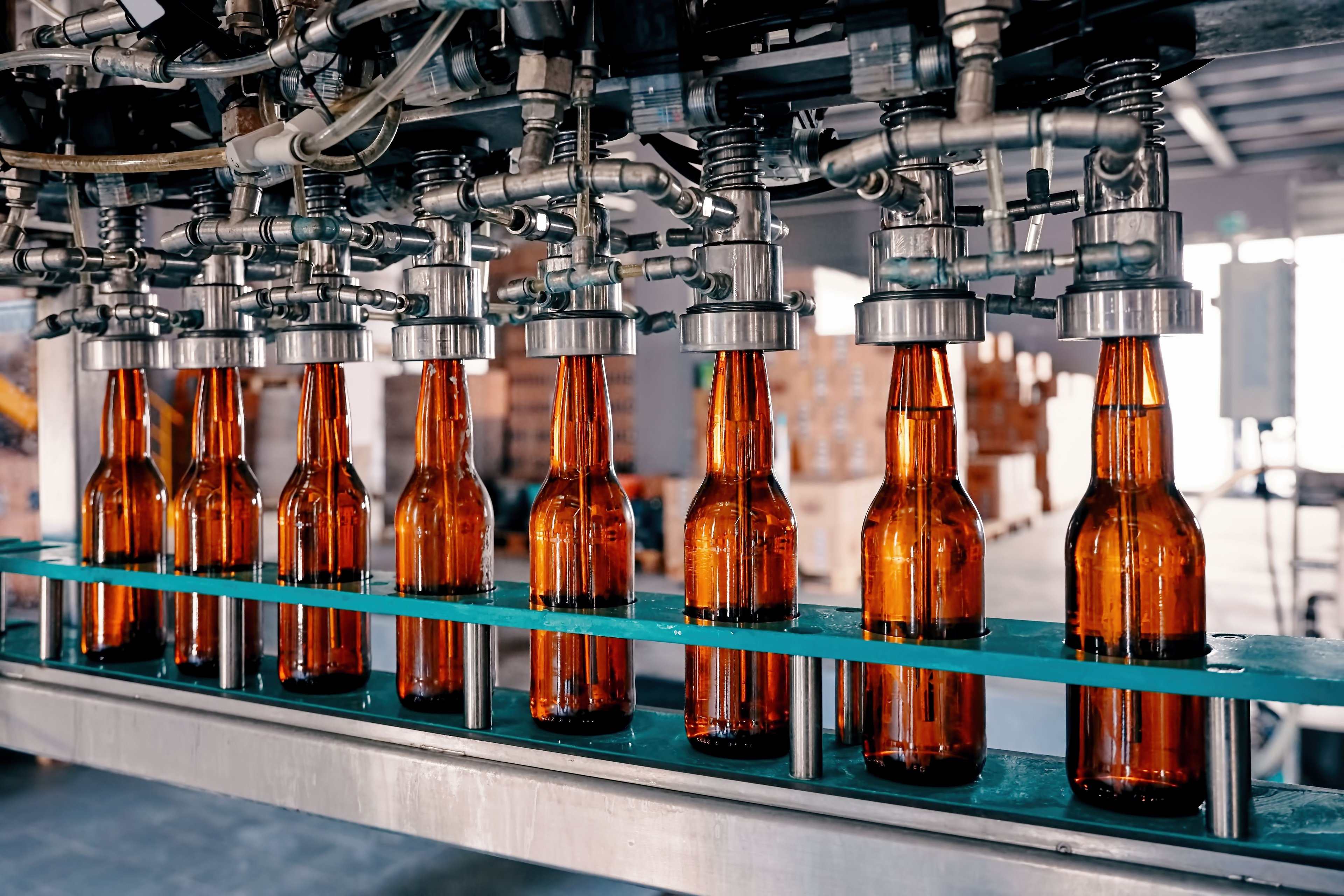Consumer tastes in the beer industry have changed dramatically in the past year, and Boston Beer (SAM 0.85%) has been one of the biggest beneficiaries of that shift. While its core craft beer beverages are falling out of favor, the alcoholic beverage giant has gained far more demand leverage from recent launches in the hard seltzer and hard tea niches.
The company announced on Wednesday that these positive trends carried on into the final quarter of 2019, which was marked by robust sales growth. Boston Beer sees more growth ahead, too, although gains could slow significantly as new rivals flood into the hard seltzer segment.
Let's take a look at the latest results and management's outlook for 2020.

Image source: Getty Images.
Boston Beer's sales and depletions are still booming
Boston Beer's growth pace showed no signs of weakness. In fact, sales jumped 34% to easily outperform Wall Street's targets. Depletions, a measure of consumption, rose 22% to hit the high end of management's full-year outlook.
The Samuel Adams franchise shrank, as did the company's Angry Orchard brand. Both products have seen sustained competition from new entries in the craft beer and hard cider niches. However, Boston Beer offset those losses with surging demand for its Truly hard seltzer and Twisted Tea franchises. The newly acquired Dogfish Head division kicked in solid growth, too. "Our depletions growth is attributable to our key innovations," founder and Chairman Jim Koch said in a press release, "the quality of our products and our strong brands."
Rising costs eat into Boston Beer's margins
Profitability took a big step backward, as gross profit margin dove to 47% of sales from 52% a year ago -- despite higher average selling prices. The decline was driven by pressure on the consumer staples giant's production and supply chains, which are struggling to meet all the demand for hard seltzer. Management has had to shift some production to third-party brewers, which has pushed expenses higher. The company also spent more cash on marketing to support its brands.
These pressures combined to send operating income down to $18 million from $29 million in the prior-year quarter. Yet operating margin held steady at 11% of sales for the full 2019 fiscal year.
Looking ahead to fiscal 2020
Management expects the extra cost pressures to persist at least through early 2021, and that factor weighed on Boston Beer's earnings outlook. The company is predicting profits of between $10.70 and $11.70 per share this year.
The alcoholic beverage giant's sales outlook covered a wide potential range, with depletion gains forecast to land anywhere between 15% and 25%. While that forecast implies another year of strong growth, it also reflects what management called a "difficult competitive environment" that will see several well-capitalized rivals stampede into the hard seltzer niche.
Executives say their main challenge is to keep the Truly brand in its market leadership position through innovative launches and aggressive marketing and distribution support. The new lemonade product launch is one important component of that strategy for 2020, but management said it is still too early to tell just how well that product will catch on with consumers. In the meantime, investors can expect costs to continue spiking in the fiscal first quarter as Boston Beer works to get inventory into the hands of retailers ahead of the peak summer selling months.






